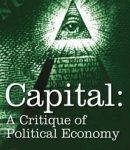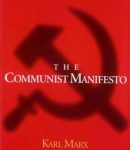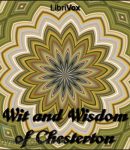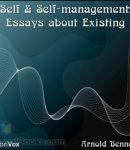
Capital: A Critical Analysis of Capitalist Production
Karl Marx’s Capital: A Critical Analysis of Capitalist Production is a critical analysis of the political economy or the capitalist system. In this 3 volume work, he says that a capitalist economy can only survive by exploiting the working class. The concepts discussed in this book laid the foundations of the political doctrine that would later be known as communism. This book has three volumes, the first volume is Marx’s critical analysis of the capitalist mode of production and how it’s effects on poor people. The second volume of Capital was subtitled “The Process of Circulation of Capital.” It contains his analysis of the marketplace, how value and surplus value are made and his views about what a capitalist or entrepreneur is. The last volume of the work was actually just a collection of notes by Karl Marx compiled by his close friend Friedrich Engels. There are seven parts in this volume which basically summarize the important points of the first two parts of the book. It’s the most read part of the book today. Capital was very critical of the different principles of classical economics which was the prevailing school of thought at that time. It was published when Karl Marx already had a well established reputation thus provoking a big debate among academics after its release. The principles explained in this book had a big influence in the development of the communist doctrine. This book was written in a academic way and is meant to be read by […]





